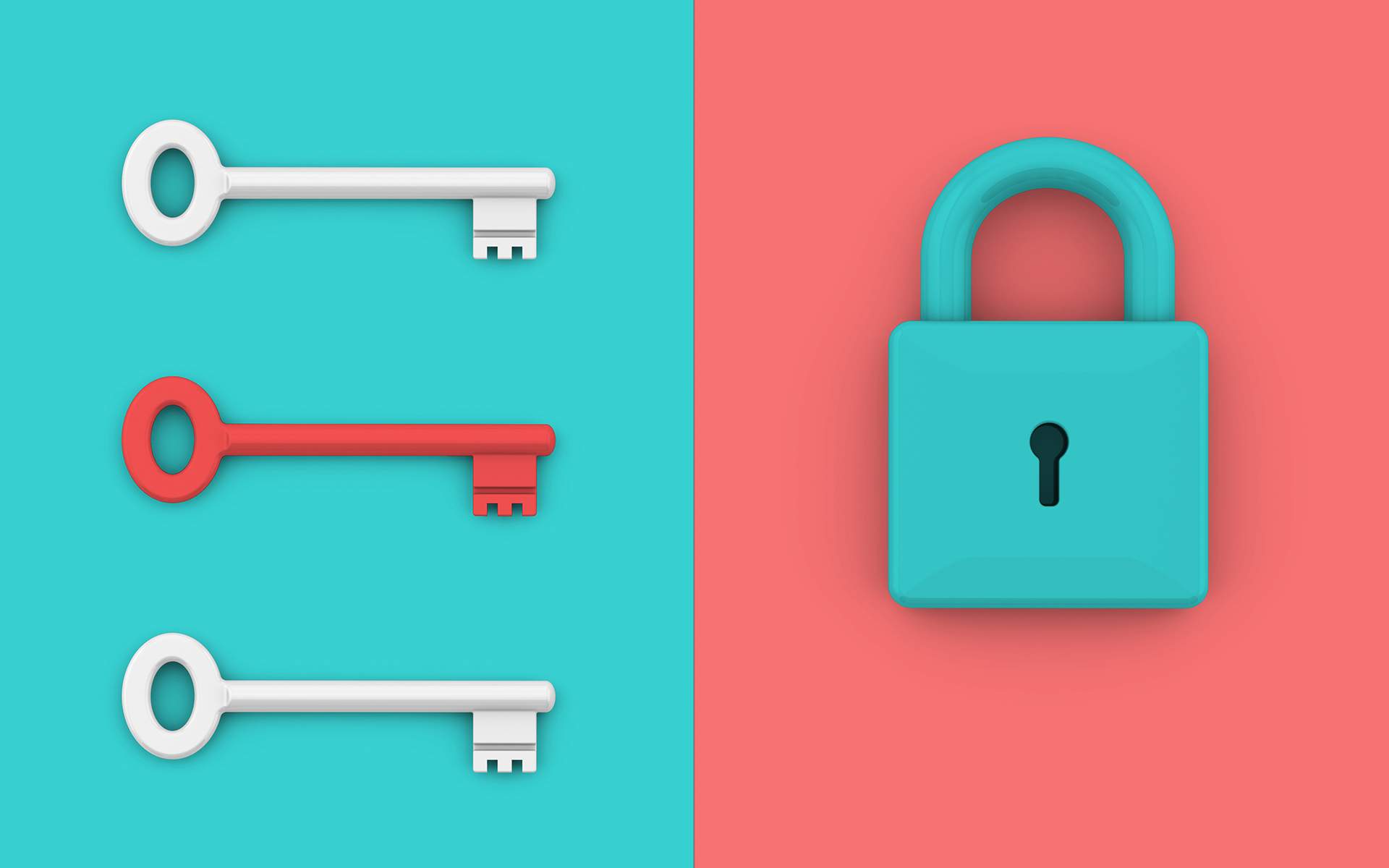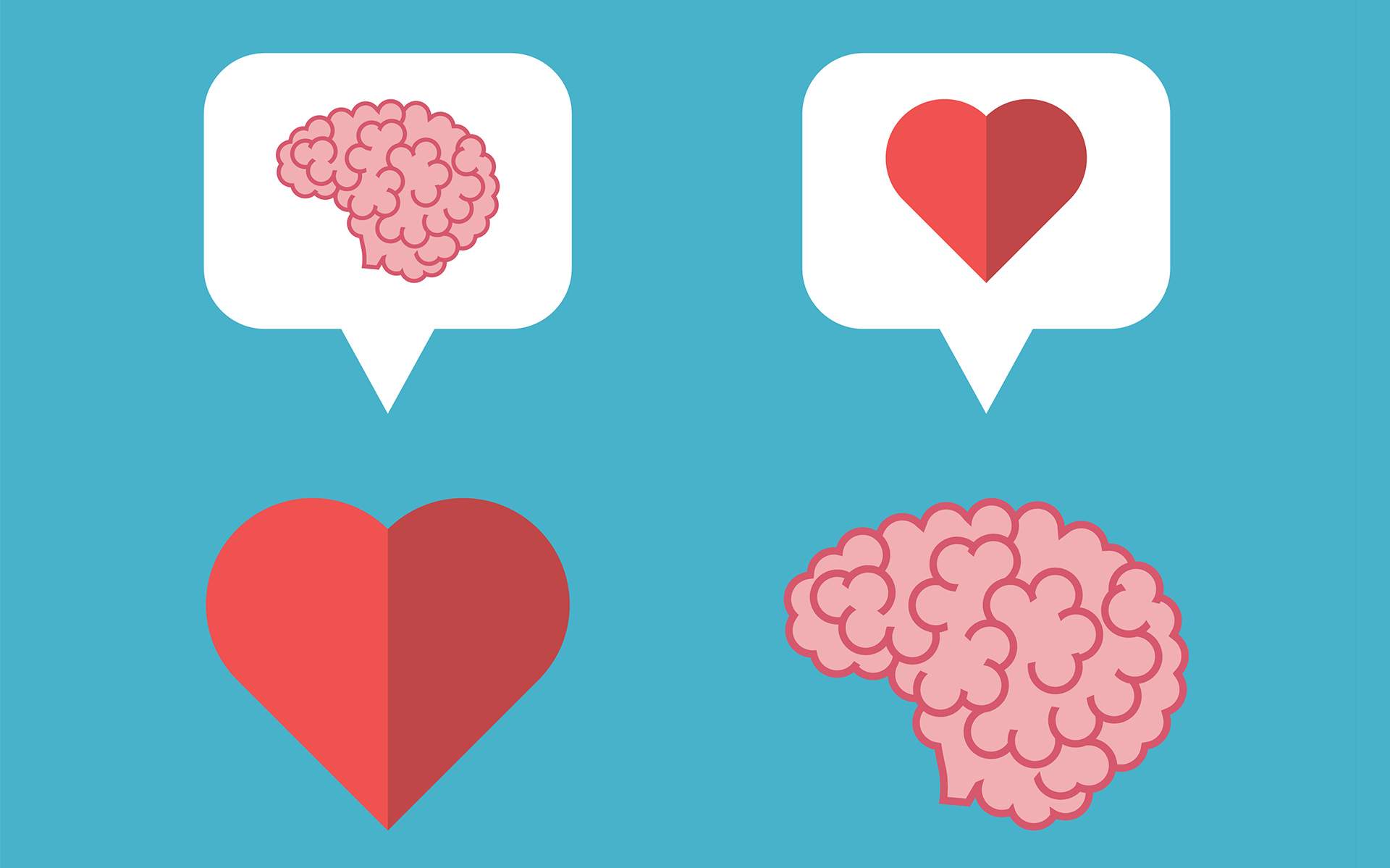Increasingly, my mindfulness practice has been about learning how to take personal accountability. That means accepting the feedback I receive from the world around me, regardless of whether or not it agrees with my perception or intentions. As I extend my awareness beyond my own experience, and begin to recognize the suffering that exists in the world, some of which I perpetuate or cause, I experience intense shame and sadness. And when I allow myself to sit with those feelings, I’m overcome by the urge to run, turn away, or even strike out.
Mindfulness practice has taught me that whatever turmoil or emotional storm I’m experiencing, I can trust that eventually I will be able to weather it and start again. The more I practice, the more confident I become in my ability to experience my own vulnerability, as well as the vulnerability of others. And being accountable is an experience of intense vulnerability.
When we are called out for being wrong or for hurting someone, we fear we will be deemed unloveable. But we are all worthy of love, and with accountability there is no blame. We can face the consequences of our choices or actions, of our engagement with the world, and we can grow and learn, communicate and do better. Accountability allows us to not have to hide from having done wrong, and we are then able to connect with others, and be connected with ourselves.
Three Ways to Practice Vulnerable Accountability
1. Recognize blame for what it is. Brené Brown says that blame is just the release of discomfort and pain. Accept that accountability requires courage and time, and learn two important insights on this toxic behavior.
2. Let yourself feel shame. We defuse the power of difficult emotions when we explore them with mindful compassion. Get curious about the bodily sensations that arise as you lean into those emotions. And when shame rears its head, Patricia Rockman says in this guided meditation, we can learn to stay with the difficult feelings and survive them.
3. Nourish a support network based on compassion. Start small, by inviting one or two friends to join you in practicing self-care. Once you’ve got the hang of it, widen your circle. The good news, according to Shelly Tygielski, is that we don’t have to go it alone. Our #selfcaresquad can help us stay accountable.
Read more
A Model For Teaching Our Kids Accountability
Sometimes our most formative learning experiences come from what we choose to own up to—and if our parents let us make that choice. Read More
How Your Mindfulness Practice Can Support the World Right Now
Mindfulness equips us for times when we’re asked to listen and act. Here are three ways you can bring your practice to moments of social unrest. Read More










